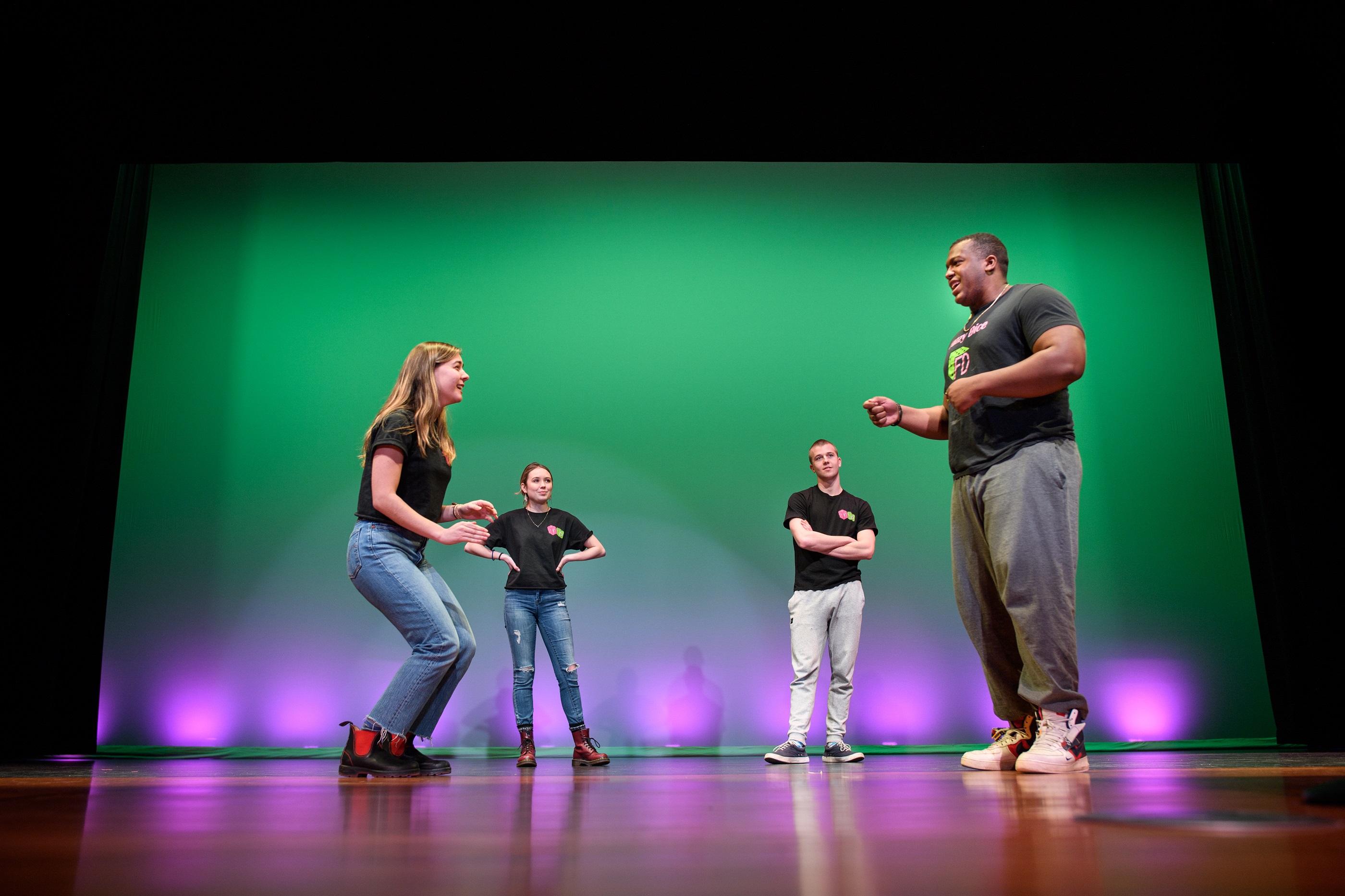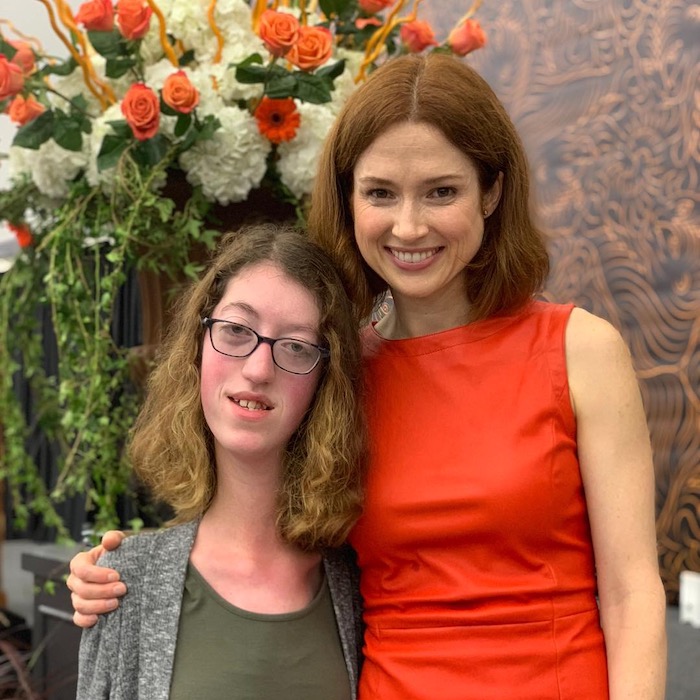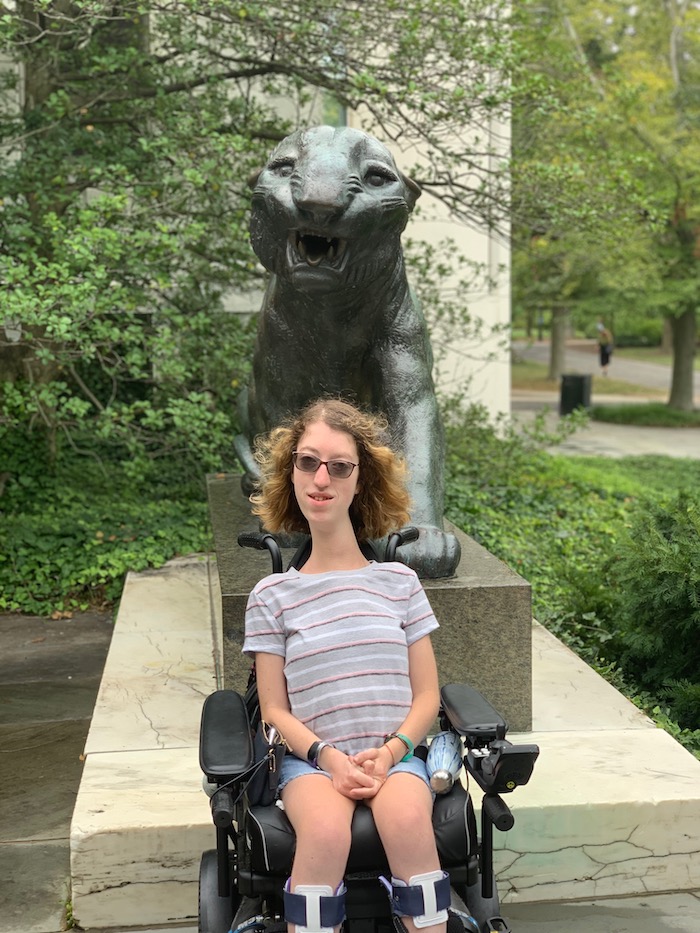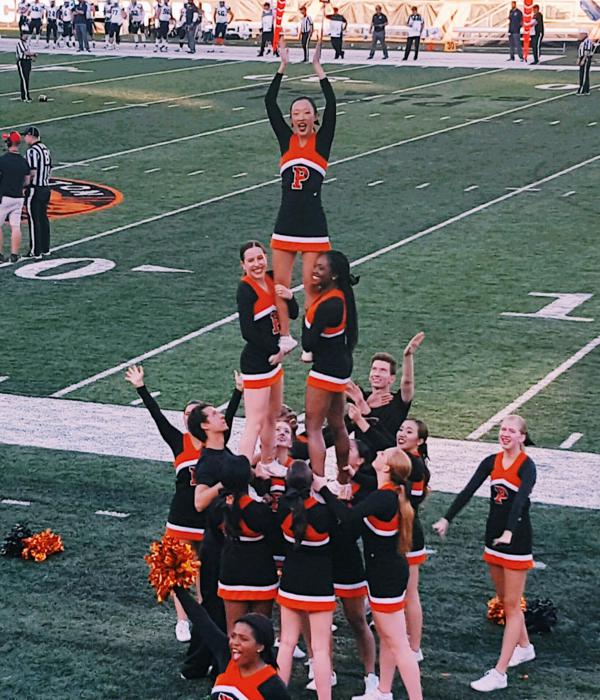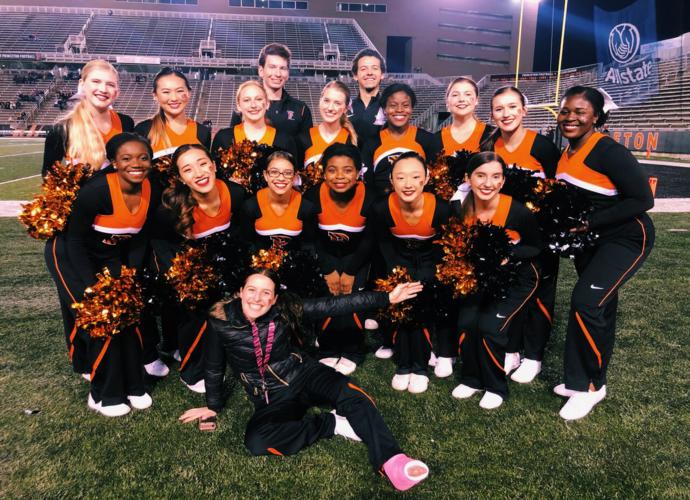During intersession in January students embark on an opportunity known as the Halftime Retreat, an Office of the Dean of Undergraduate Students (ODUS) -sponsored trip just for sophomores. Last year my experience on this two-night, three-day retreat was one of the best moments I’ve had since coming to Princeton.
The whole point of the Halftime Retreat is to give sophomores a chance to relax and reflect on their halfway point in their Princeton career. We did all sorts of activities that made us think about how our time at Princeton compared to our expectations of what it would be like. Some activities were shared group discussions, while others were more private, such as guided journaling prompts. My favorite activity was when we chose ten of the most important pictures in our lives. ODUS printed out these photos for us to use in a sort of speed-friending activity. There was an inner circle of people and an outer circle that rotated around, so every couple minutes I got to share my photos with a new person. I found new connections with people who I might not have expected to have similarities with.
Halftime led to some important realizations. Because of the discussions and journaling, I became more confident in recent decisions I had made, such as my decision to concentrate in the School of Public and International Affairs. Although making the choice was difficult, I had chosen the path that was most aligned with my values. I also realized which parts of my life I was most satisfied with, like my extracurriculars and my relationship with my family, and which parts needed some improvement, such as time spent on community service and self-care. One particularly helpful part of Halftime was the journaling. I love to write, but it had been a long time since I had written about my feelings. I hope to continue this practice in the future.
The best part of Halftime was coming out of the retreat with an amazing new group of friends. Halftime pulled students from all parts of the campus and gave me the opportunity to meet people who I might not have met otherwise. We bonded quickly through the guided discussions and activities, but the unplanned moments made us even closer. I stayed up late having fun conversations and playing games with my new friends. Some people didn’t even go to bed at all on the last night; the memories were worth the lack of the sleep. Because of Halftime, I now have a new community I can rely on when I need friendship and support. We have an active group chat that we use to schedule frequent meetups. I’m so glad I went on this trip, and I can’t recommend it enough.







